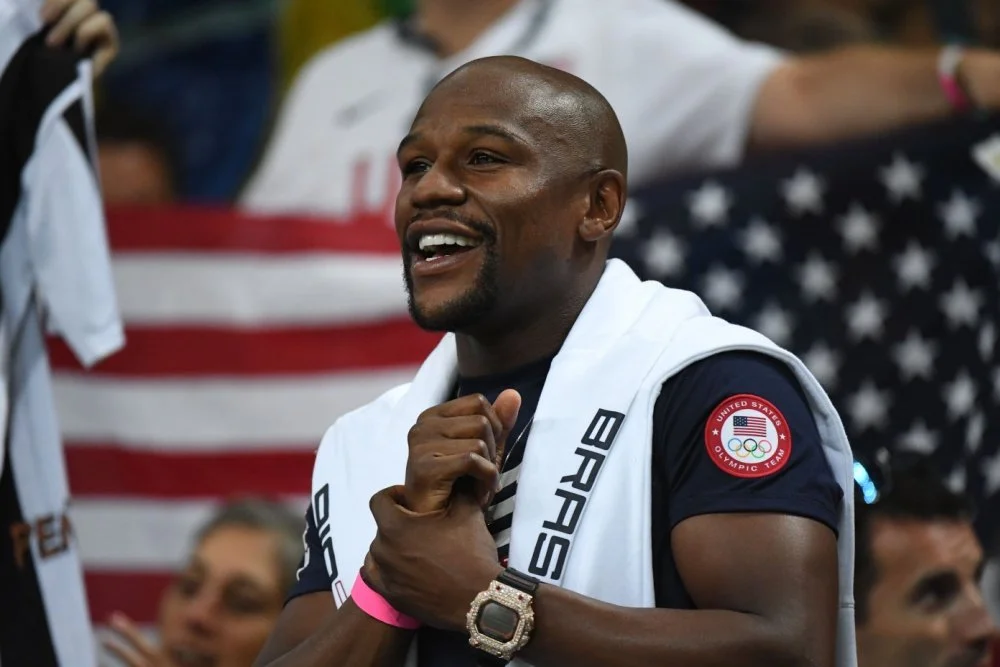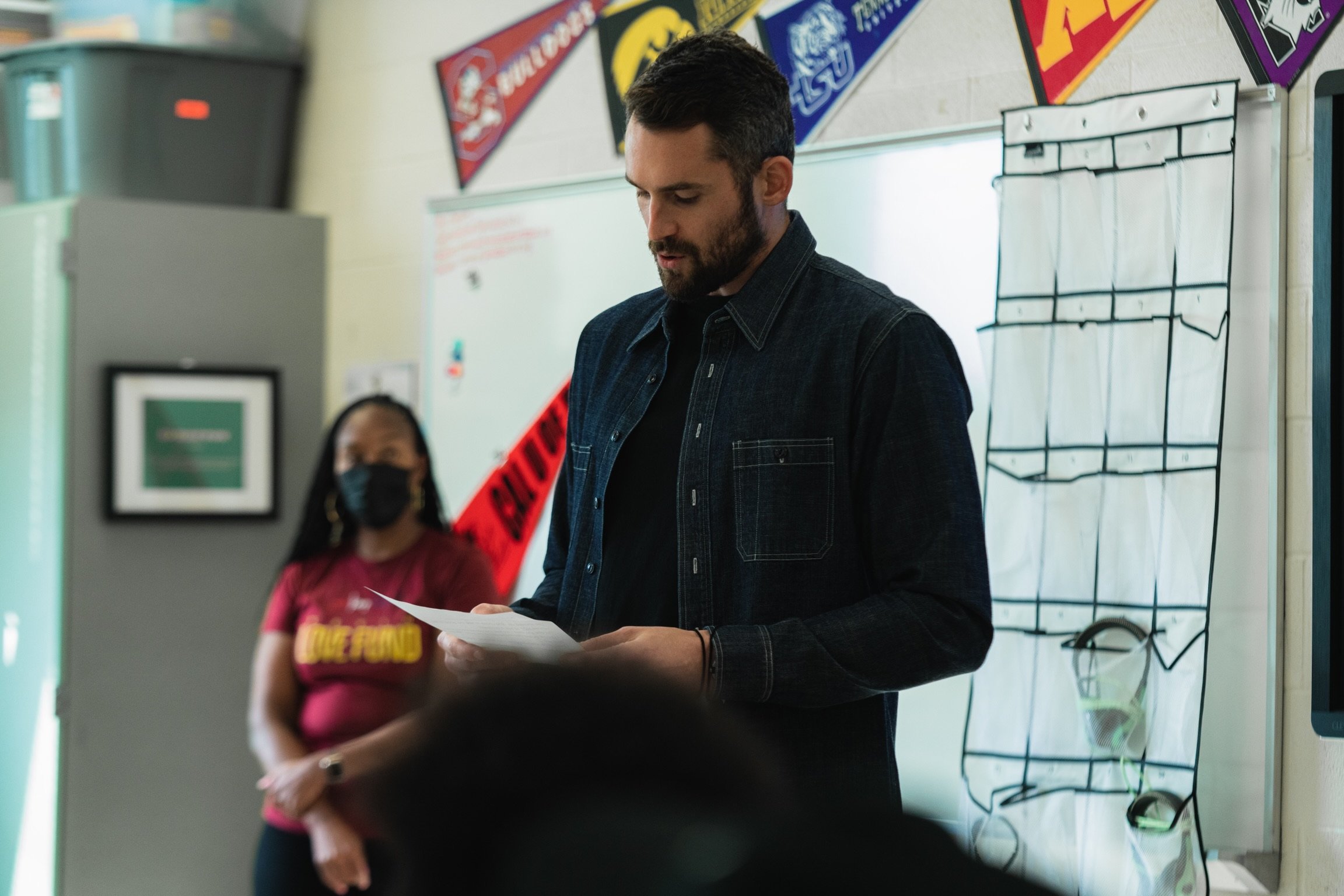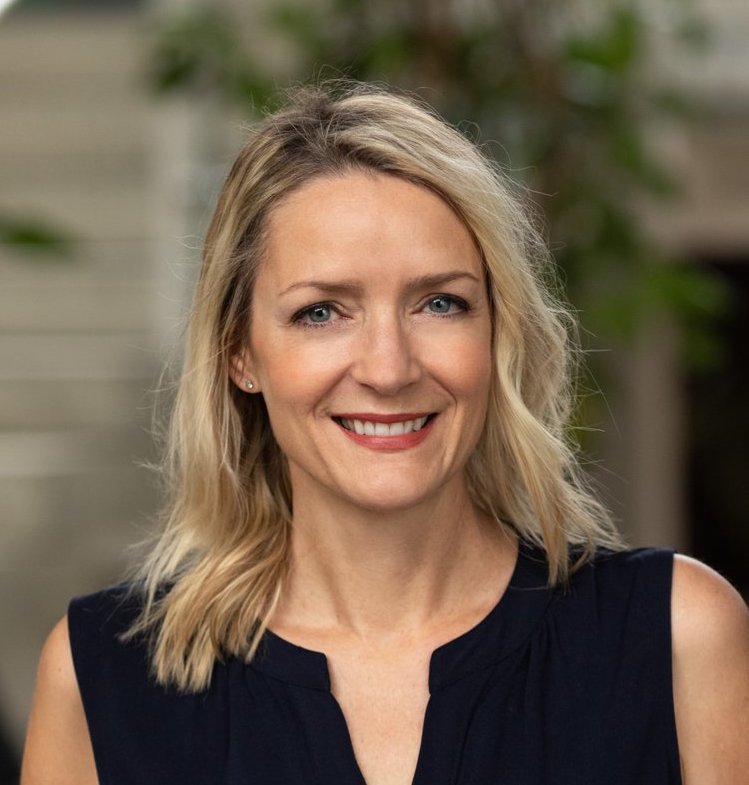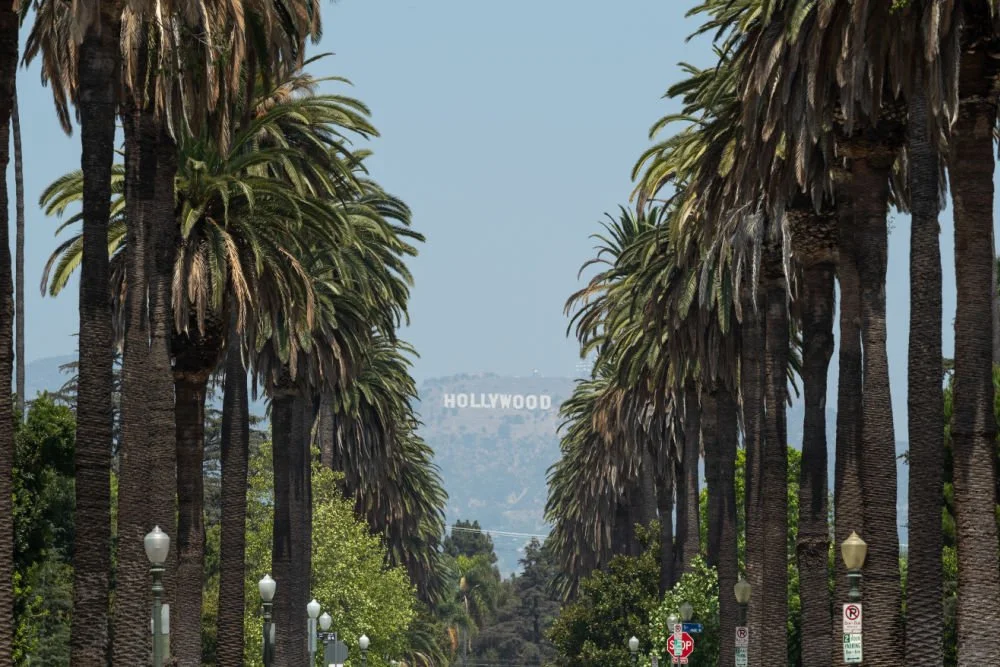In Formation: A Singer's Philanthropy Hits a Higher Note
/Beyoncé’s 2016 song “Formation,” and the subsequent Lemonade album, amplified her political commitments—at once affirming her core identities as southern, black, and a woman, and demonstrating her ability to cross boundaries of artistic mediums and genres.
Now, Beyoncé’s new Formation Scholars initiative, recently announced on the anniversary of Lemonade’s release, likewise seems like a new level of intentionality in her philanthropy.
The scholars program is crafted with precision, as with everything related to Queen Bey. The Formation Scholars are four scholarships of $25,000 each to current, incoming or graduate students who are “bold, creative, conscious and confident,” one per school at Berklee College of Music, Spelman College, Howard University and Parsons School of Design. It feels a bit like sponsoring "mini-Beyoncés." The choice of Spelman and Howard as partner schools all but guarantees that at least two of the four Formation Scholars will be women of color. The scholars will be female students pursuing studies in “the creative arts, music, literature, or African-American studies.” Not only do these areas of study reflect Beyoncé’s publicly recognized pursuits, they may well reflect the areas of study that were deeply valued in the Knowles household, according to a profile of her mother Tina Knowles Lawson in the New York Times.
Even the number of scholars involved—four per academic year—is a significant number to Beyoncé. Her fourth solo album is titled 4, in honor of her anniversary and birthday (or, B-day) on the fourth of April and September, respectively.
As with many accomplished public figures, it has taken some time for Beyoncé’s philanthropy to catch up to the level of thoughtfulness and precision on display in her artistic work and promotional presence. The star’s previous major gifts have reflected her interest in women and girls: With Salma Hayek and Gucci, Bey co-founded Chime for Change “a global campaign to raise funds and awareness for girls and women around the world." As reported by Inside Philanthropy, another area of Beyoncé’s giving is Houston and the Gulf region: She co-founded a homeless shelter in Houston and made a $100K gift to the Gulf Coast Ike Relief Fund. Her charitable partnerships on the Formation Tour included the Greater Flint Health and Development Fund, which "will address long-term developmental, education, nutrition and health needs of the children affected by the Flint Water Crisis.” Those partnerships were part of her platform #BeyGOOD, lauded by Inside Philanthropy for its campaigns to “help the poor” and “empower girls.”
Beyoncé’s gifts to help the people of Houston and the Gulf region seemed to be the most straightforward in her portfolio, particularly because they were kept quiet, out of the formidable brand machine. Yet homelessness, helping the poor, and awareness for women and girls are, at best, loosely connected as philanthropic goals, and safe for marketing a pop megastar. Formation Scholars is, by contrast, tailored very closely to Beyoncé’s emergent persona. Given her own business acumen, Beyoncé could just as easily provide scholarships for black women as entrepreneurs. Instead, she is celebrating women and black women as scholars and culture makers. Furthermore, her choice of the humanities and race scholarship runs against the faddish grain. Given the use of Warsan Shire’s poetry in Lemonade’s film, and of Chimamanda Ngozi Adiche’s speech on feminism in her earlier track, “***Flawless,” I hope at least one of the Formation Scholars turns out to be a poet or novelist.
So in brief, the Formation Scholars program is worthy of Beyoncé as a bolder expression of philanthropic priorities, and as a well-conceived project that commits much-needed resources to marginalized populations and subjects. It’s also welcoming to see a gift to higher education that’s not made on the basis of an alma mater or a particular star research center.
But in what ways is the Formation Scholars program unworthy of her majesty’s stature?
Put bluntly, it is too small. This gift is no larger than her earlier $100K commitment to the Hurricane Ike Relief Fund, even though in the intervening years, her earnings have exploded. Last year, Forbes estimated her net worth to be $290 million. If four is a significant number, why not give scholarships of $25,000 to 40, or 400 students? The Formation Scholars does not appear to be an endowed program—the announcement only names the 2017-18 academic year. A $4 million endowment, at a 5 percent draw, would provide eight Formation Scholarships per year.
Whatever the case, it’s quite possible that the Formation Scholars could be expanded over time as the program finds its operational footing and shows results. Philanthropists often have good reasons to start small and see what they learn. In other words, as much as this scholars program marks Beyoncé’s arrival as a more intentional philanthropist, the details may still be… in formation.


























